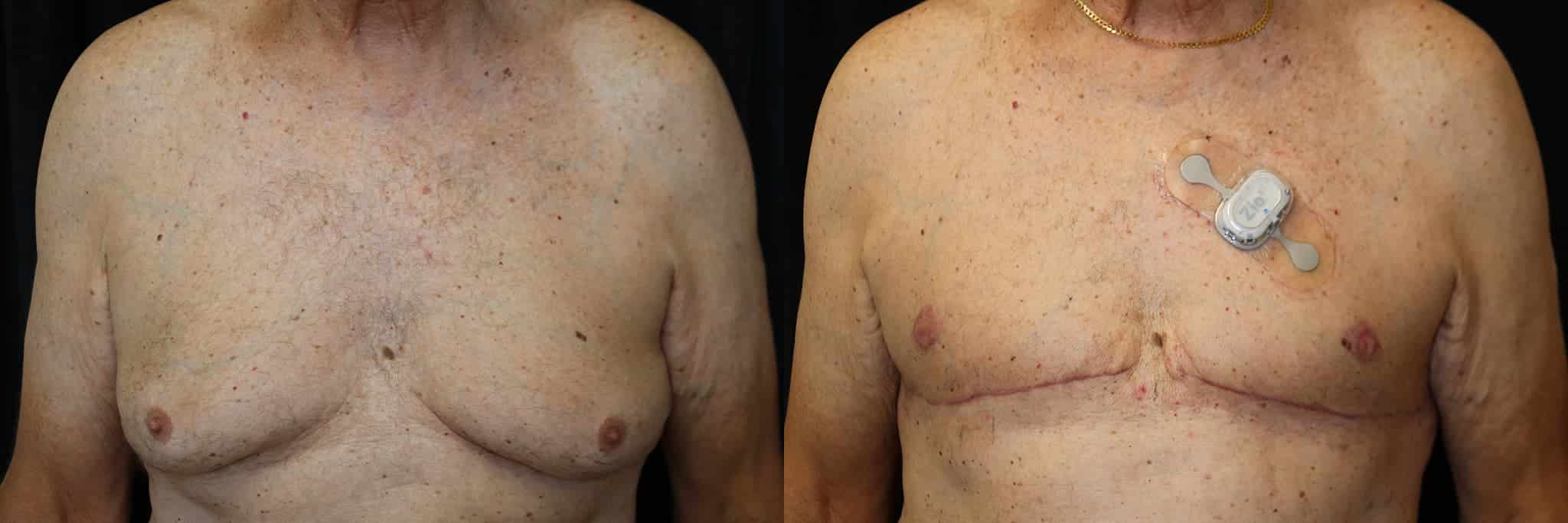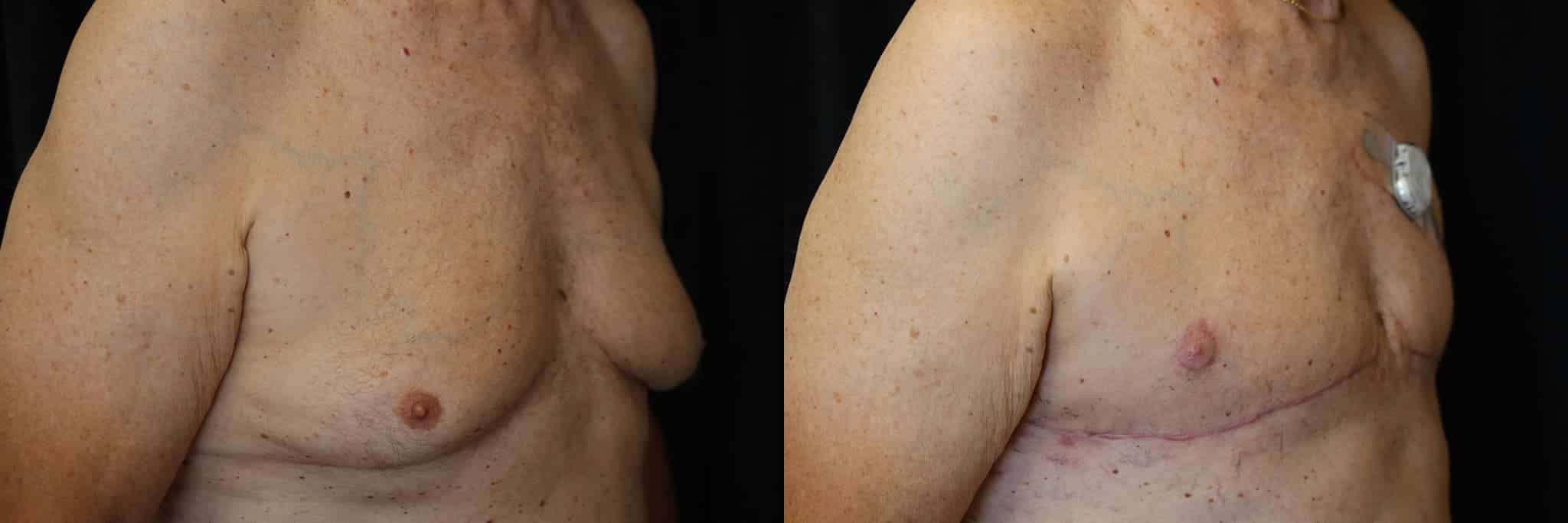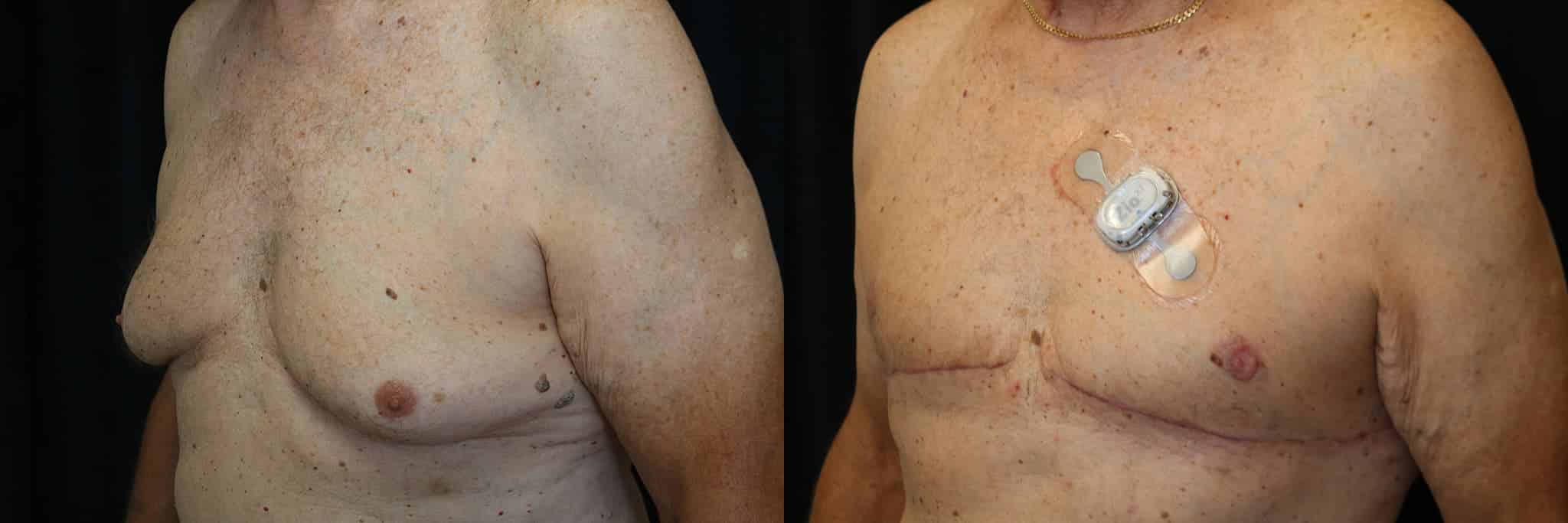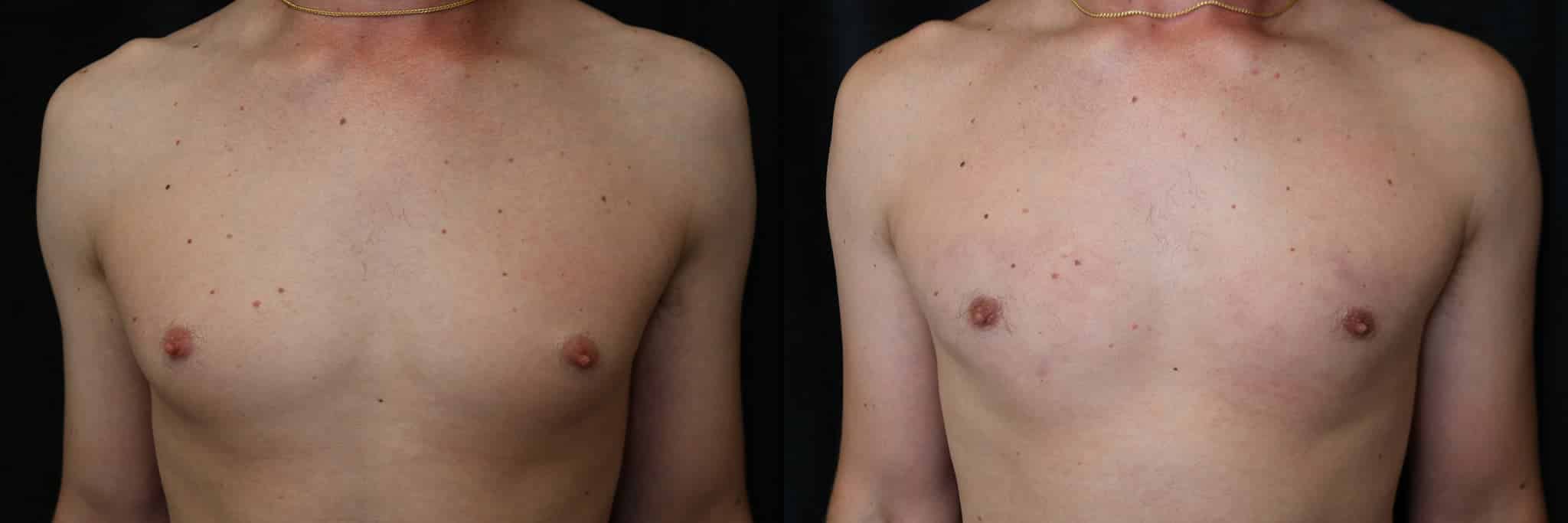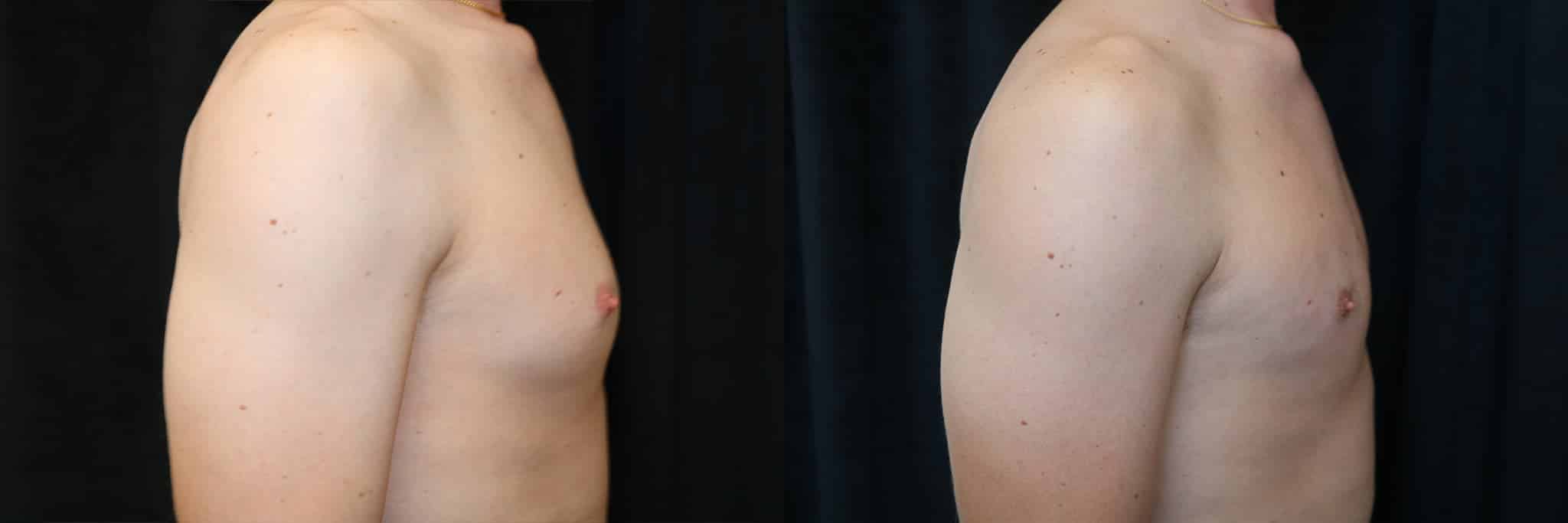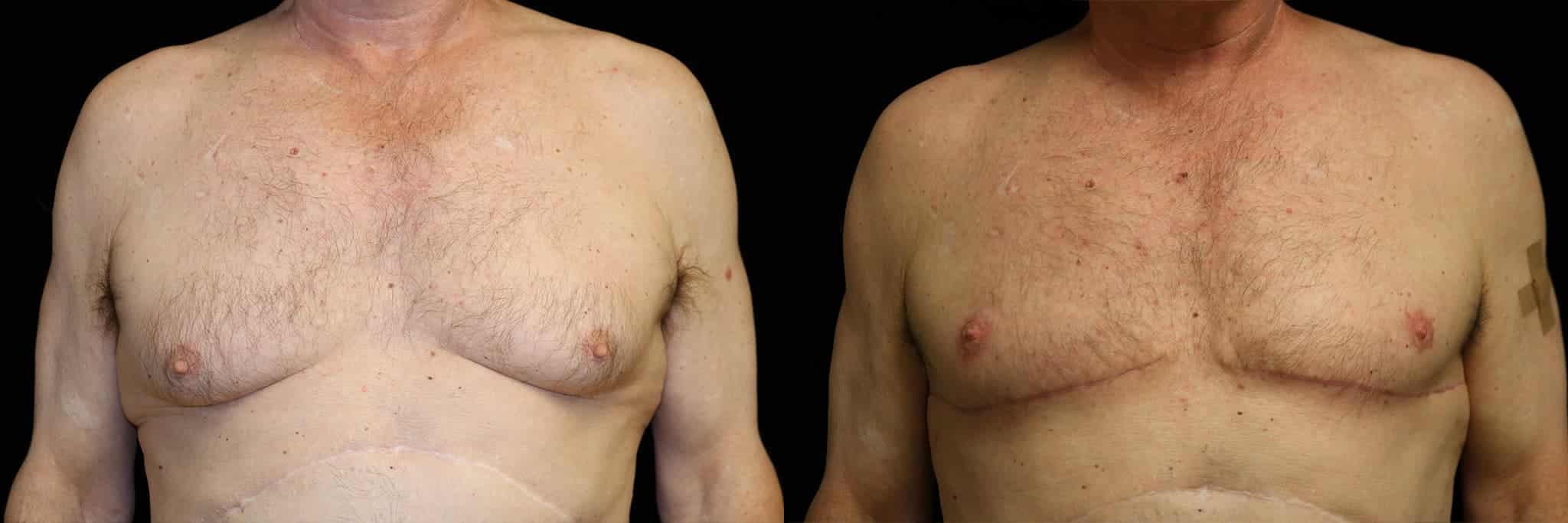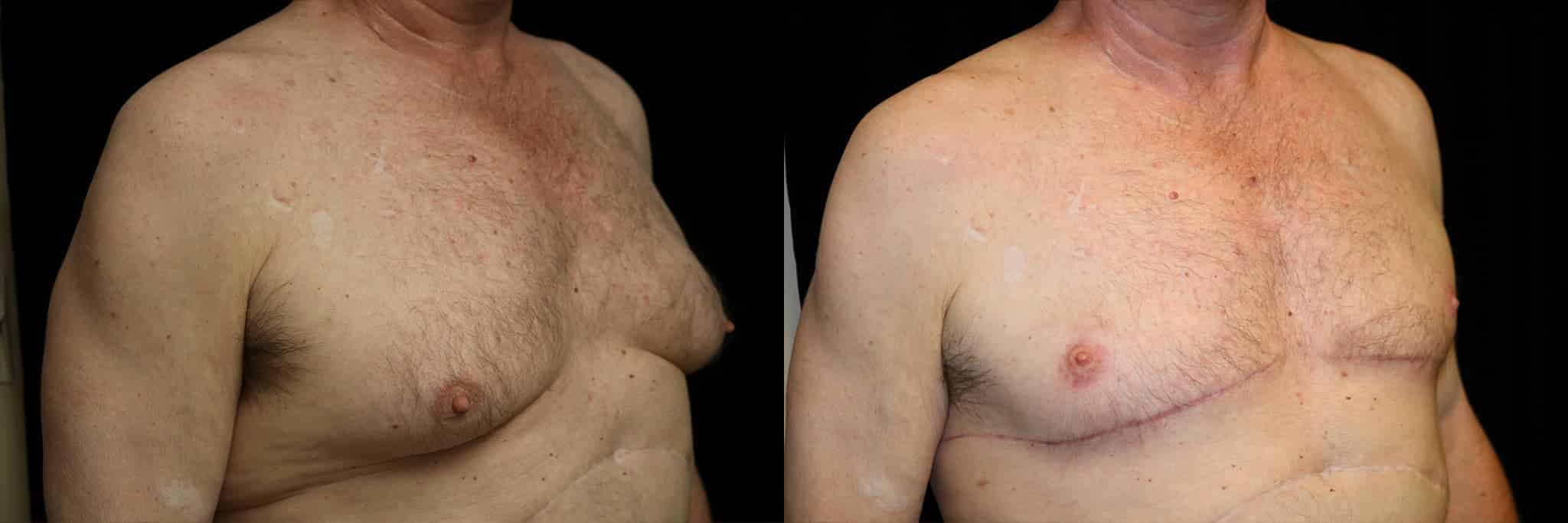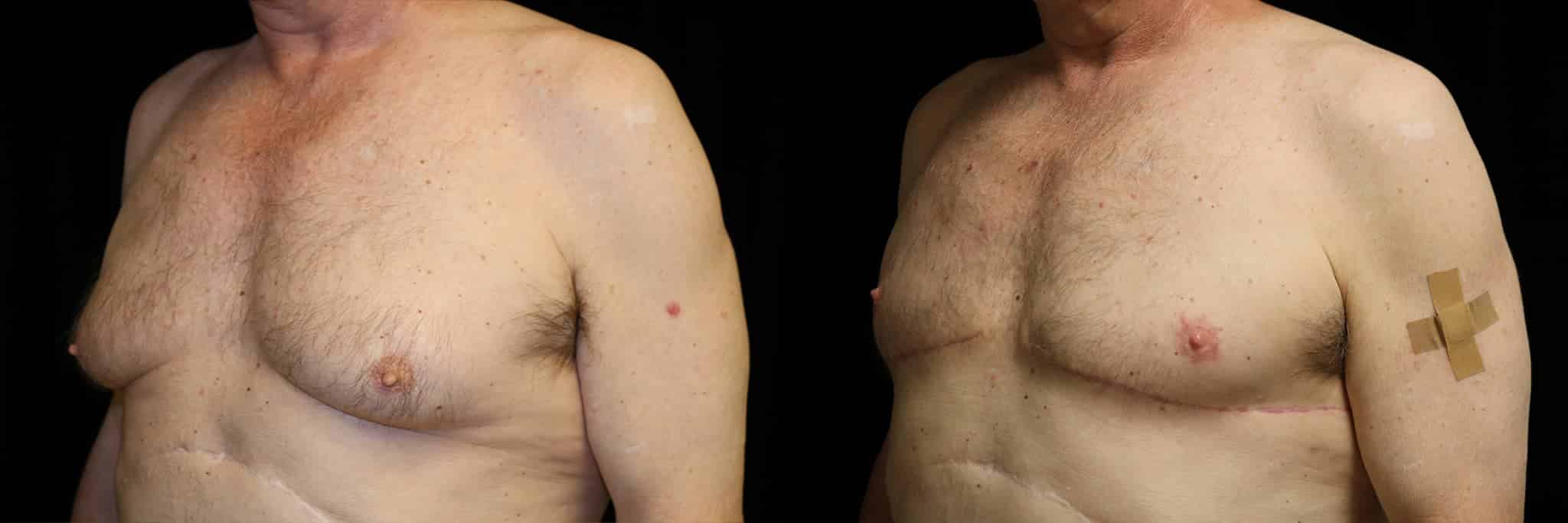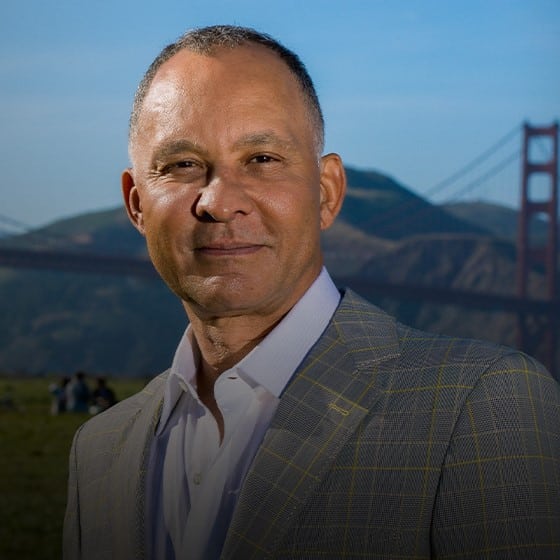While it is true that gynecomastia can be caused by a wide variety of physical or environmental factors, some of the causes you hear about are not true. Here are 10 of the most common gynecomastia myths you might have heard about. Dr. Delgado discusses each one to help break misconceptions and help you determine what is really fact or fiction.
1. Soy Causes Gynecomastia
Eating soy or drinking soy milk can cause breast tissue enlargement, especially when eaten in high quantities. Soy products contain genistein and daidzein, which are two natural drugs similar to estrogen, a female hormone that plays a key role in the development of excess male breast tissue that resembles female breasts.
2. Family History
Some people think you have to have a family history of gynecomastia to develop it yourself, but this is not necessarily true. We have seen gynecomastia cases from people with or without a genetic predisposition and even if other family members do not have this condition, it is still possible to develop enlarged male breasts.
3. Exercise is a Cure
Although exercise has its benefits, it will unfortunately not cure gynecomastia. Exercise will help you lose fat but it cannot help you lose the buildup of glandular tissue that is the root cause of gynecomastia. Male breast reduction surgery is the only effective to get rid of true gynecomastia.
Dr. Delgado is an award-winning gynecomastia surgeon with 30+ years of experience treating some of the most complicated cases of male breast growth around the world. He is also the owner and operator of Gynecomastia.org, the largest gynecomastia forum in the world that has the goals of educating, supporting, and offering guidance to those men and families affected. Dr. Delgado is an expert in the field and donates his time toward both the treatment of gynecomastia and the advocacy of education in the surgical community.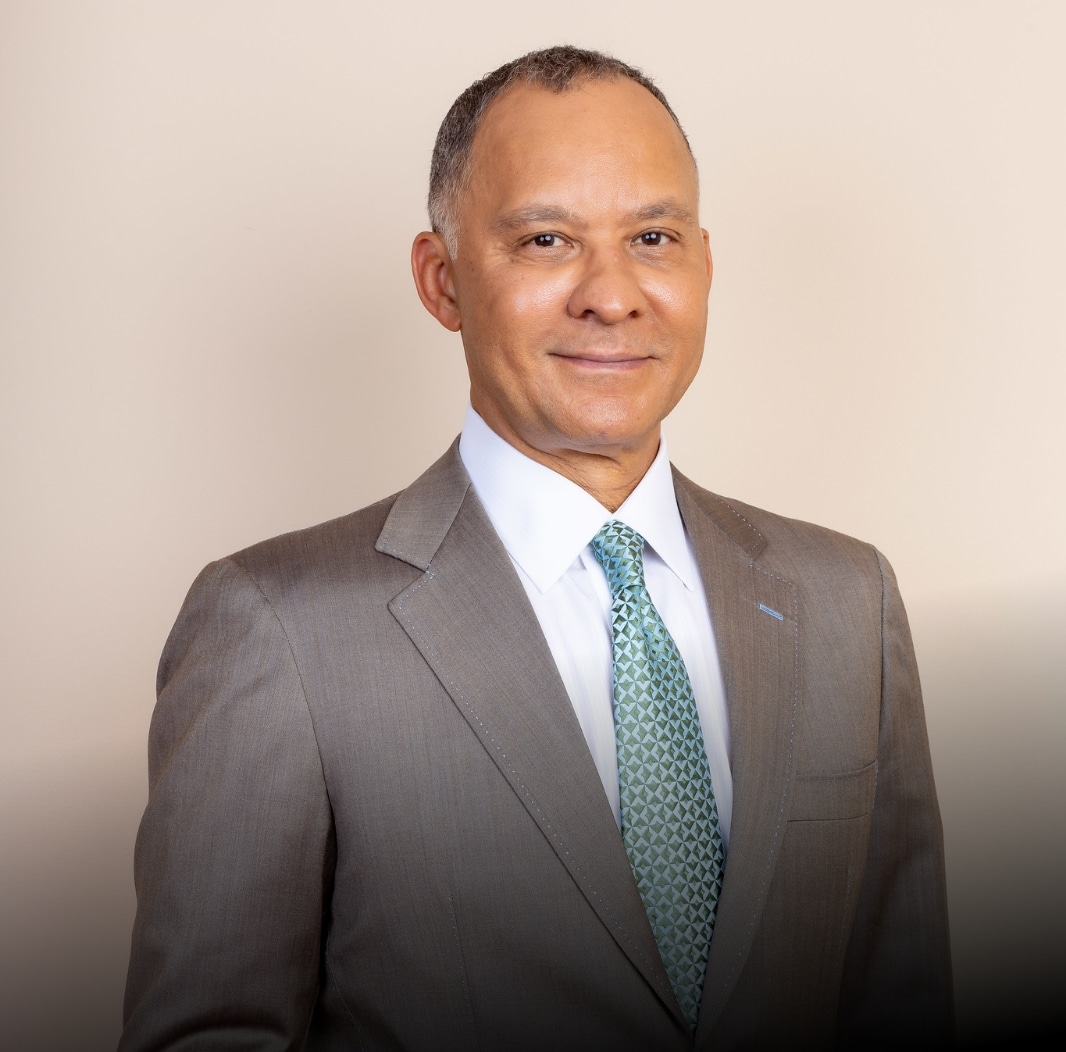
Meet DR. DELGADO
Board-Certified Plastic Surgeon
4. Large Breasts Don’t Necessarily Mean Gynecomastia
This one is true. Large or saggy breasts can also be caused by obesity or pseudogynecomastia. Since pseudogynecomastia is not “true” gynecomastia and is caused by a buildup of excess fat, this type of breast enlargement can be treated with exercise or liposuction. Overweight men with “man boobs” or enlarged breasts can first try a new exercise and diet routine to see if the problem resolves.
5. Gynecomastia Affects People of All Ages
Changes in hormonal levels are one of the main causes of gynecomastia but these natural hormonal changes only happen a few times in our lives: right after birth, during puberty, and during old age. Fluctuating estrogen and testosterone levels in the early periods of life leave young men to develop gynecomastia.
6. Not Everyone Requires Surgery
This one is also true. Young boys going through puberty may develop excess tissue due to hormonal changes or imbalances. Once their hormone levels even out and they pass through adolescence, their breasts may return to their normal size within 6 months to 2 years. However, if 2 or more years have gone by with no improvement (or a worsening condition), gynecomastia treatment may have to be considered to prevent permanently enlarged breast tissue.
7. Not Everyone Requires Liposuction
Different men have different degrees of gynecomastia, which Dr. Delgado has broken down into 4 grades for classification. Some men can benefit from liposuction alone (especially those with pseudogynecomastia) while others need liposuction and surgical excision of excess skin and breast tissue. There are many ways to treat gynecomastia and Dr. Delgado can discuss all your options at your consultation.
8. Gynecomastia Only Affects One Breast
This is sometimes true. Gynecomastia can affect one or both breasts. If you only develop excess breast tissue in one breast, this is a condition called asymmetrical gynecomastia.
For men who have hidden the embarrassing condition of female type breasts, making an appointment to see a gynecomastia specialist is a big first step. It is understandable for gynecomastia patients to be anxious and therefore, Miguel Delgado, M.D. recommends writing down all questions as it is easy to forget what you…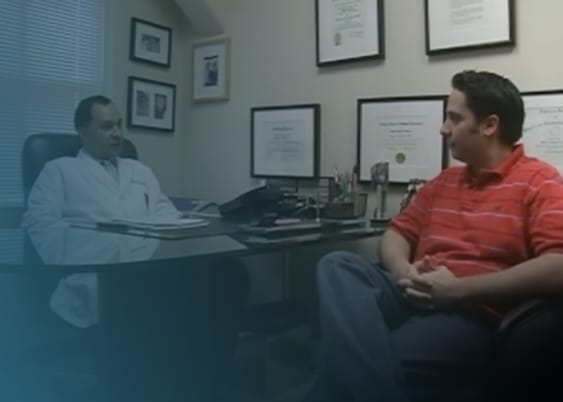
The Story of Three Men

Gynecomastia Consultation Questions
9. Gynecomastia Cannot be Prevented
Although hormonal imbalance cannot be prevented, there are other steps that patients can take to reduce their risk of developing gynecomastia. For men with a family history of gynecomastia, avoid certain medications, drugs, and excess alcohol consumption. It will also help to stay within a healthy weight range. Younger patients can even take medications prescribed by their endocrinologist. Although these precautions may help in some cases, it is possible to still develop gynecomastia.
10. Breast Cancer is Not a Risk Factor
Most people are unaware that men are also at risk for breast cancer. However, gynecomastia is unrelated to breast cancer, and they are two separate illnesses.
Schedule a Consultation
If you have any other gynecomastia-related questions or think you are developing this condition, schedule a consultation with Dr. Delgado. He will evaluate your condition in a private setting and develop a personalized treatment plan for your breast enlargement.
